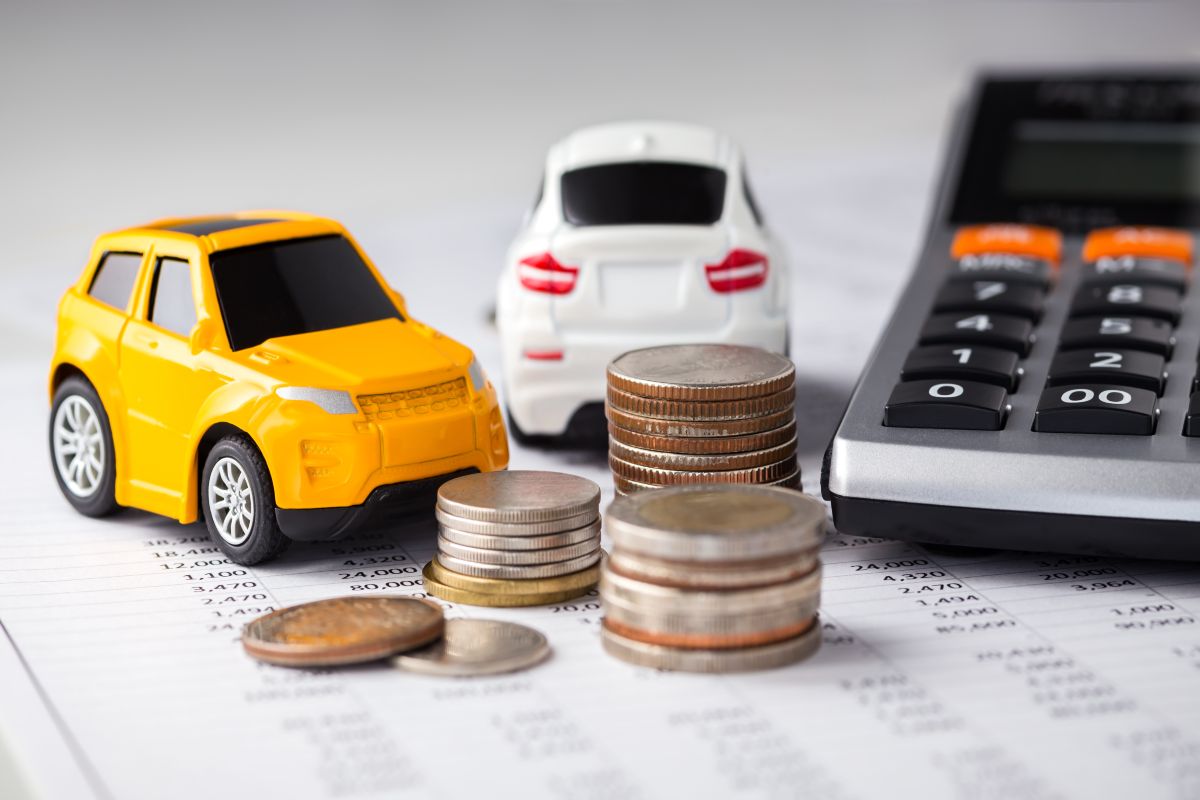Being required to get an SR-22 doesn’t always mean you’re a bad driver. Accidents can happen. But if you get a DUI (Driving Under the Influence of drugs or alcohol) conviction, or if you receive multiple driving tickets, the state will require you to get an SR-22 certificate.
If that happens, you may be considered a ‘high-risk’ driver, and that will definitely affect your insurance.
So what exactly is an SR-22? Keep reading to find out.
An Overview of SR-22

Also known as a Certificate of Financial Responsibility, an SR-22 is a form from your car insurance company to show to the Department of Motor Vehicles (DMV) of your state as proof that you meet the minimum requirements for car liability insurance.
In doing so, your insurance company is basically assuring the state that you have enough coverage and you can pay if any accident involving you happens. If you’re in California and you’re wondering how does SR22 insurance work in that state, just follow the link.
An SR-22 is mandated by the court or state. Either the judge or the DMV will notify you if you’re required to get one. This usually happens when your license is suspended. To get your driving privileges back, you’ll have to get an SR-22 certificate.
States may have different rules, but usually you’re required to get an SR-22 if:
- You have multiple traffic offenses
- You got a DUI conviction
- You’ve caused car accidents many times
- You had your license suspended or revoked
- You’re guilty of nonpayment of court-ordered child support
Moreover, as your auto insurance will likely be affected by the SR-22, your coverage would have to be adjusted. In some cases, your policies could be changed to meet the requirements for SR-22. Additionally, since you’re now considered a high-risk driver, your insurance company will have to charge you more.
Maintaining SR-22 Status
Although this will differ by state, typically you’re required to retain both your car insurance policy and SR-22 for at least three years. You’d also have to comply with the terms of the SR-22; otherwise, your license will be suspended.

Also, take care not to let your insurance policy expire while you still have an SR-22 certificate. If that happens, the insurance company will have to notify the DMV, and your license will stay suspended.
It’ll only be reinstated once your insurance is restored. However, your status as an SR-22 holder will be removed once you’ve completed the required period.
7 Ways You Can Save On SR-22

In any case, getting an SR-22 means you’d have to spend more on insurance. You’ll also likely be billed by the insurance company for the SR-22 certificate that was provided on your behalf. Again, the amount will vary by state.
Fortunately, there are still ways you could save money on SR-22 insurance. Here are a few of them:
1. Contact Your Agent
As soon as you’re notified that you need to get an SR-22, talk to your insurance agent and have them file the certificate.
The SR-22 certificate can usually be issued by the insurance agent between 24 and 48 hours. In some cases, the filing period is longer. You might have to pay a small filing fee to your insurance company.
Have an appointment with your agent; they have a thorough understanding of the rates on your policy and how the SR-22 will affect you. Ask for advice on how you can minimize your expenses on insurance rates under the SR-22.
2. Adjust Your Deductible
Many states have a minimum level of insurance required for drivers, including SR-22 holders. But you can always ask your car insurance agent if your coverage level can be adjusted so you’ll still have adequate protection that won’t cost you an arm and a leg.
You could try to have your insurance deductible increased, for instance. ‘Deductible’ refers to the amount that the policyholder, meaning you, has to pay for repairs before your insurance starts paying.
Having your deductible increased would mean you pose a low financial risk to the insurance company. So with a higher deductible, you could reduce your monthly payment.
3. Get A Low-Risk Car
There are cars that are cheaper to insure. Cars with customizations usually mean you have to pay more to have them insured, whereas an older, low-risk car can help you save money on insurance.
Before selling your car, however, it pays to consult with your insurance agent. They might be able to give you advice on possible savings.
For example, tracking systems, side airbags, anti-theft devices, and other safety features could reduce your premium cost.
4. Use Automatic Payment
Typically, if you use a bank check for payment, the bank would charge a service fee. The same goes for your credit card.
One option you can use that many insurance companies don’t charge for is online payment. You could also sign up for an electronic funds transfer. This way, your payment will always be on time.
Not all insurance companies accept payments made via a debit card, but several insurers do. So you have to do your homework and look for insurers that accept this kind of payment.
5. Inquire About Discounts
Insurance companies do give discounts, and sometimes, getting a discount is as simple as asking for one. It wouldn’t hurt to ask if you qualify for a discount. They give out discounts for the following:
- Retirees
- People at certain age brackets
- Students not older than 25 years with an excellent grade point average (GPA)
- Students who are still covered by their parent’s insurance policy
- For certain automobile types like economy or utility vehicles
6. Combine Insurance For Vehicles
More cars or drivers added to your insurance policy will lower the rates. Likewise, your insurance premium’s cost will be reduced if you combine other insurance products like home or renter’s insurance with that of your car.
7. Improve Your Credit Score
Lastly, it pays to check and improve your credit score if it’s low. Many insurance companies are generous with their offers if they’re dealing with an individual with a good credit score.
They consider this an indication that they can trust you to pay your insurance premiums on time. With this added element of trust, you may be granted better rates with your insurance policy even if you have an SR-22.
Conclusion
Generally, the rule of thumb to follow is that once you’re on the road, you must do everything you can to avoid getting into an accident.
However, should you end up committing a serious traffic violation or receiving multiple speeding tickets within a short period, you have to take responsibility and face the consequences, among which is an SR-22.
The bad news is that this can greatly affect your car insurance premiums, depending on your reason for needing it in the first place. But as you can see above, there are ways for you to save money on your insurance policy even if you’re considered a high-risk driver.
You May Like To Read:
- 6 Brilliant Ways To Save Money While Living Independently
- Use A Business Car? Here’s How To Save Money
- How Businesses Can Save Money And Time By Going Paperless
















